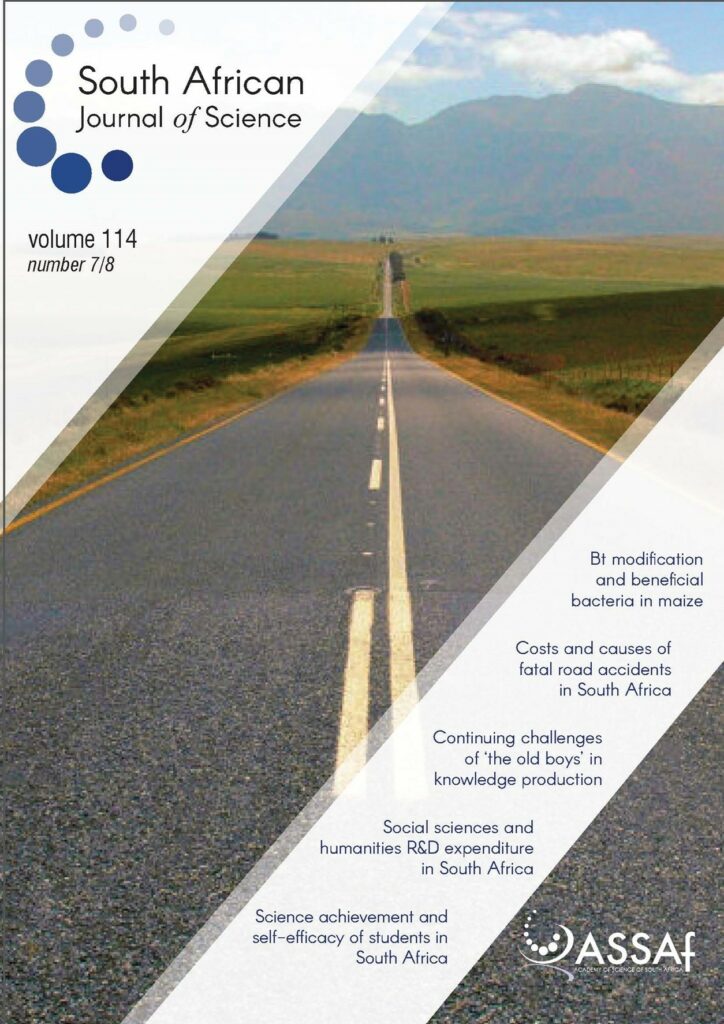I believe I can do science: Self-efficacy and science achievement of Grade 9 students in South Africa

An important component of an individual’s scientific literacy is a positive attitude towards science. However, emphasis is too often placed on achievement scores rather than attitude. While individuals’ relative levels of problem-solving skills, inherent aptitudes for the subject matter and teaching practices are conveyed through achievement scores, attitudes to science convey individuals’ emotional evaluation of the subject. Attitudes have a strong impact on behaviour: through either facilitating the learning process or hindering it. Furthermore, attitudes towards science reflect the culture which exists within a school, as well as the wider social context within which learning takes place. As a result, understanding attitudes is a key component of the interpretation of achievement results. We used data from 12 514 Grade 9 students in South Africa who participated in the 2015 Trends in International Mathematics and Science Study to investigate students’ self-efficacy in science. Multiple linear regression analyses were used to address the following key research questions: (1) What is the relationship between self-efficacy and science achievement for Grade 9 students in South Africa? and (2) What are the contextual factors associated with the self-efficacy of Grade 9 students in South Africa? The findings reveal a positive relationship between self-efficacy and science achievement and suggest a need to also focus on noncognitive aspects in order to improve science achievement. Significance: The study contributes to understanding the determinants of science performance at school. The findings highlight the importance of non-cognitive dimensions in science achievement at school. The findings have policy implications for education programmes and teachers in relation to interventions which incorporate non-cognitive dimensions.
